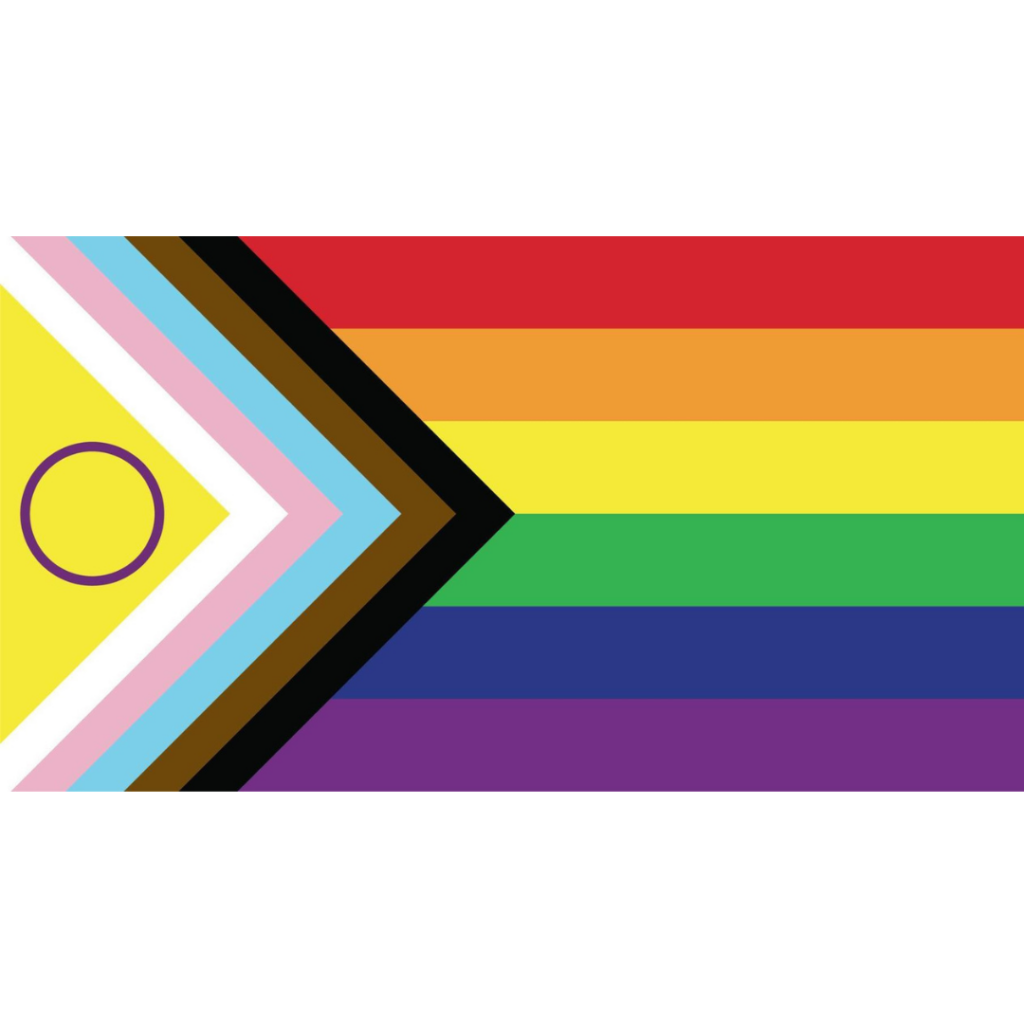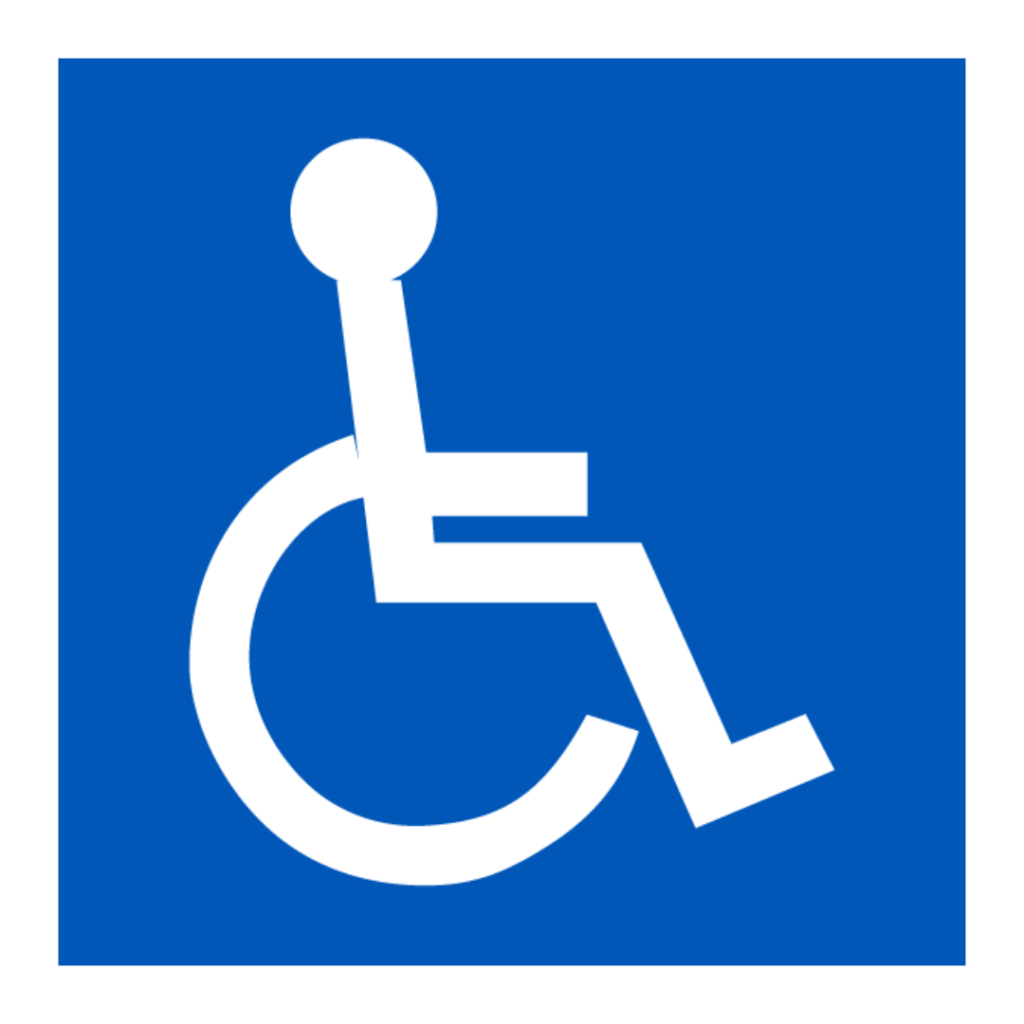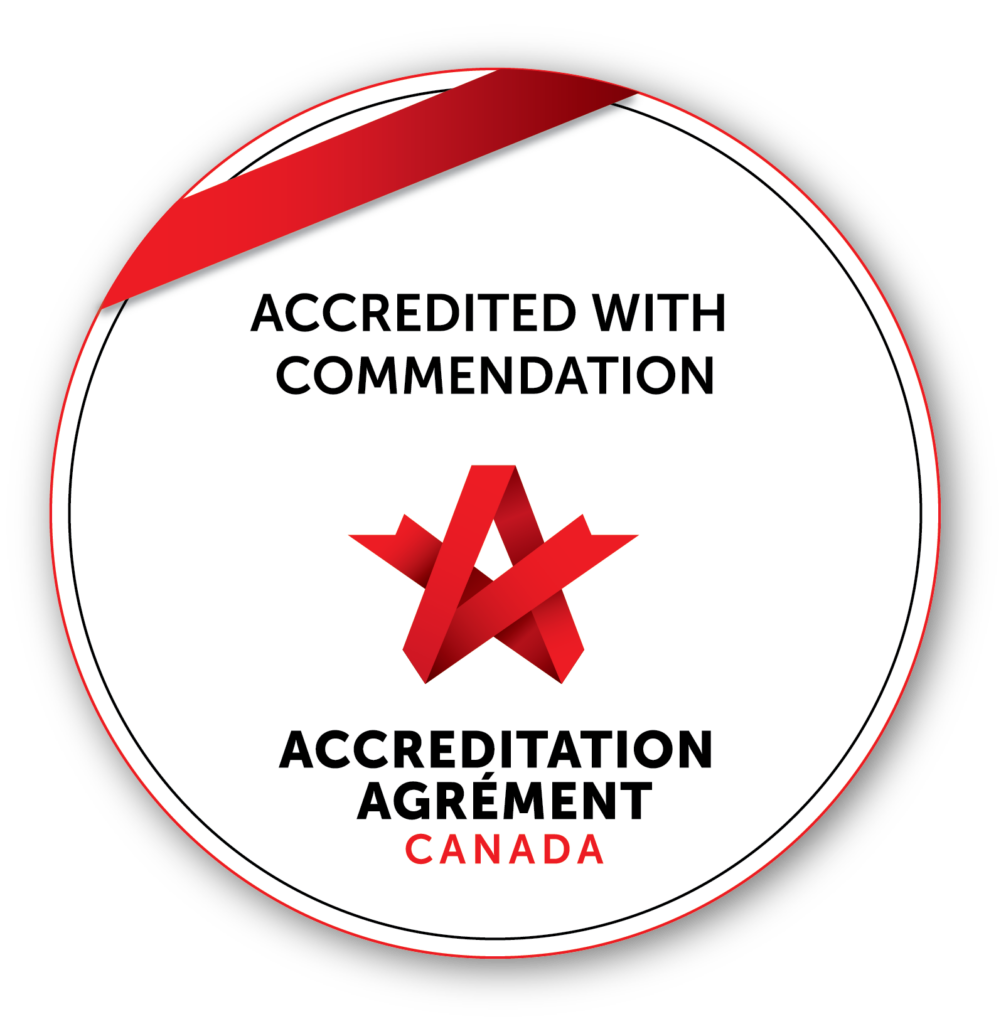Advocacy is the bridge that connects understanding with action, empowering voices in recovery to shape a world where compassion and support are the cornerstones of our communities.
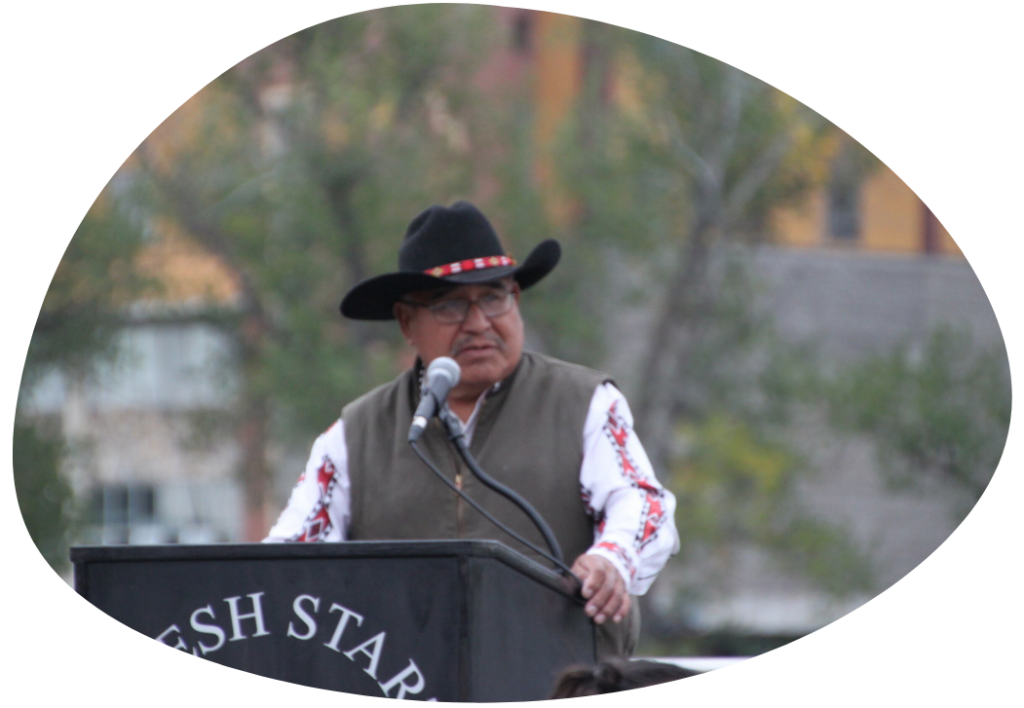
Advocacy at Fresh Start Recovery
Our Perspective on Advocacy
At Fresh Start Recovery, advocacy is about more than raising awareness—it’s about creating real change by focusing on issues that matter to our community, such as addiction, recovery, and healing. We are committed to making a difference through collaboration, connection, and the powerful stories of those we serve.
Collaborating for Impact
Our advocacy efforts are built on partnerships with government bodies, community leaders, service providers, and employers. By working together, we aim to influence public policy, enhance public understanding, and reduce stigma. Through our Fresh Perspectives Videos and Community Perspective Lunch discussions, we share the voices and stories of individuals and families affected by addiction, amplifying their experiences to drive change and foster a more compassionate community.
Key Areas of Focus
Public Policy
We advocate for increased investment in recovery programs and affordable housing, working to shape policies that support long-term recovery and provide the necessary resources for individuals to thrive.
Public Understanding
Our mission includes reducing stigma and fostering a deeper understanding of addiction and recovery. We share powerful personal stories through our Fresh Perspectives Videos, allowing the voices of those affected to resonate within our community and beyond.
Employer Engagement
We encourage employers to recognize the value of hiring individuals in recovery, opening up opportunities for those ready to rebuild their lives.
Service Provider Accountability
By collaborating with service providers, we ensure that our clients receive respectful, non-discriminatory support, critical to their recovery journey.
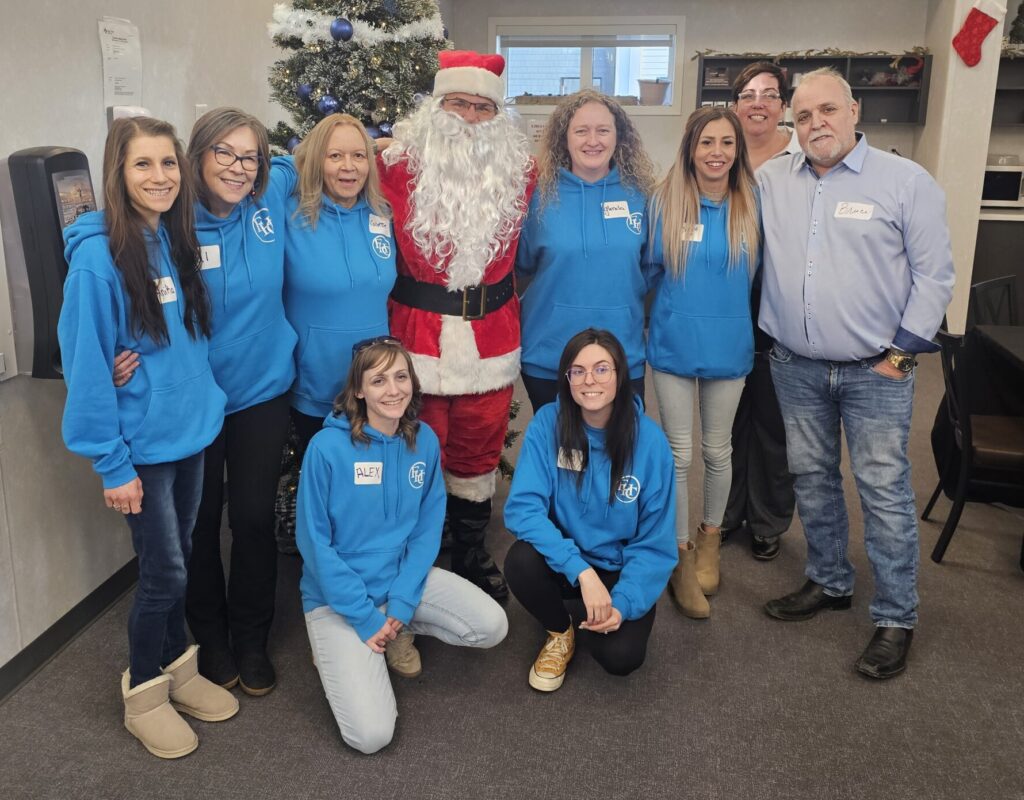
Building A Stronger Recovery Community
Advocacy at Fresh Start Recovery is about building a network of support through meaningful connections. We weave a tapestry of relationships among clients, alumni, staff, and community partners, forming a resilient recovery community. Our Community Perspective Lunch discussions with major community leaders and stakeholders allow us to engage in deep conversations that influence local and national recovery efforts.
Driving Change Through Engagement
We actively engage with policymakers, community leaders, and influencers to drive meaningful change in addiction recovery. By sharing our experiences and the stories of those we serve, we advocate for legislation and initiatives that remove barriers to treatment, provide ongoing support for those in recovery, and help to destigmatize addiction.
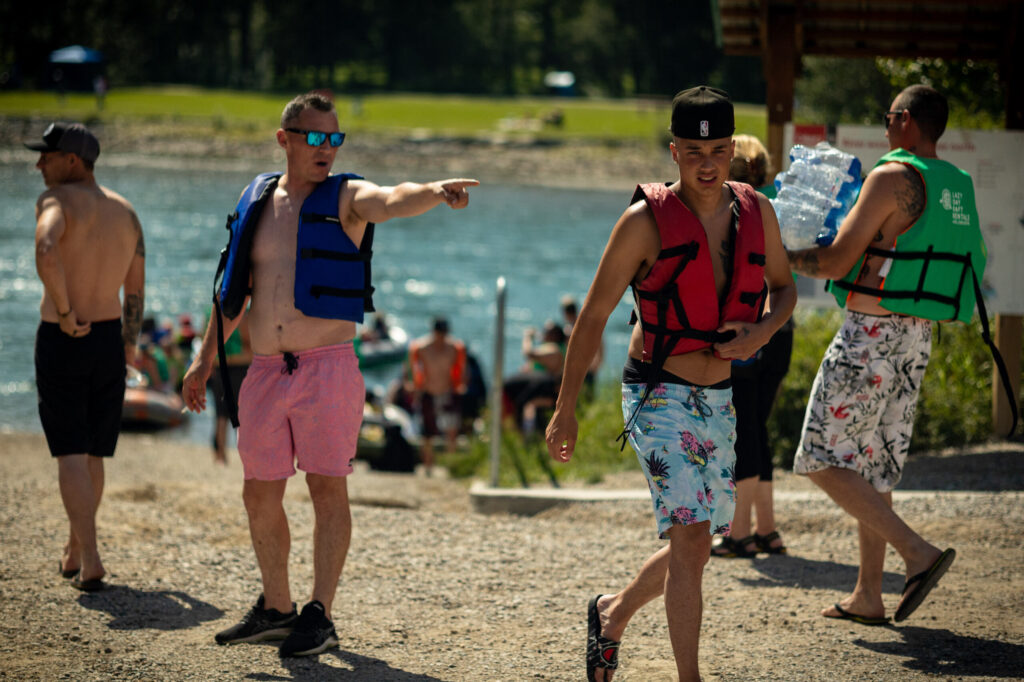
Empowering Our Community to Advocate
Advocacy begins with empowerment. At Fresh Start, we believe that real change happens when individuals are equipped to share their stories and advocate for recovery—not just for themselves but also for others. By providing tools, education, and engagement platforms, we help our community members become powerful voices in the fight against addiction.
Through participation in awareness campaigns, events, and the sharing of personal recovery stories, our clients, alumni, and families play a vital role in breaking down stigma and fostering greater understanding. Advocacy is not limited to large-scale initiatives — it happens in everyday conversations, within families, and across neighborhoods. Each voice adds strength to the collective, reinforcing the belief that recovery is possible and that no one should face addiction alone.
As the saying goes, “Alone, we can do so little; together, we can do so much.” Community advocacy amplifies the message of hope and transformation. By standing together, we remind those still struggling that they are not forgotten and that a supportive network awaits them when they’re ready to seek help.
At Fresh Start, we recognize that empowerment leads to ripple effects — when one person finds their voice, it encourages others to do the same. Together, we build a community where recovery thrives and where the courage to speak up fuels lasting change for individuals, families, and society.
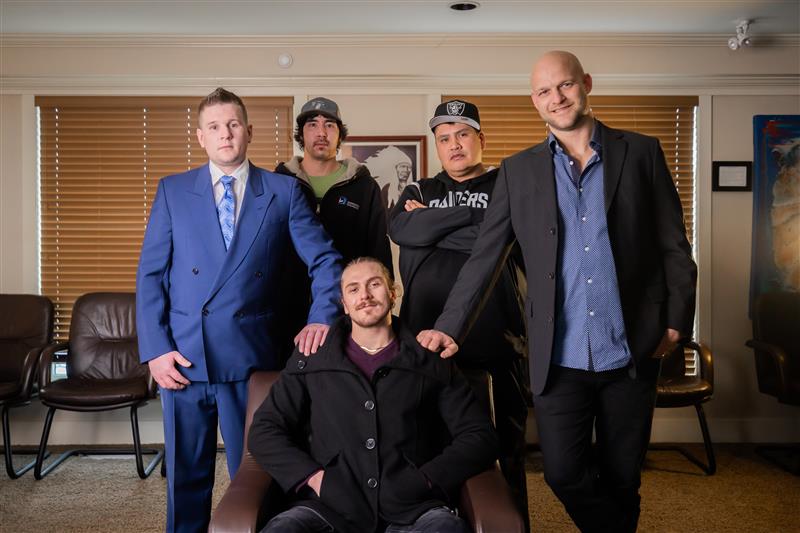
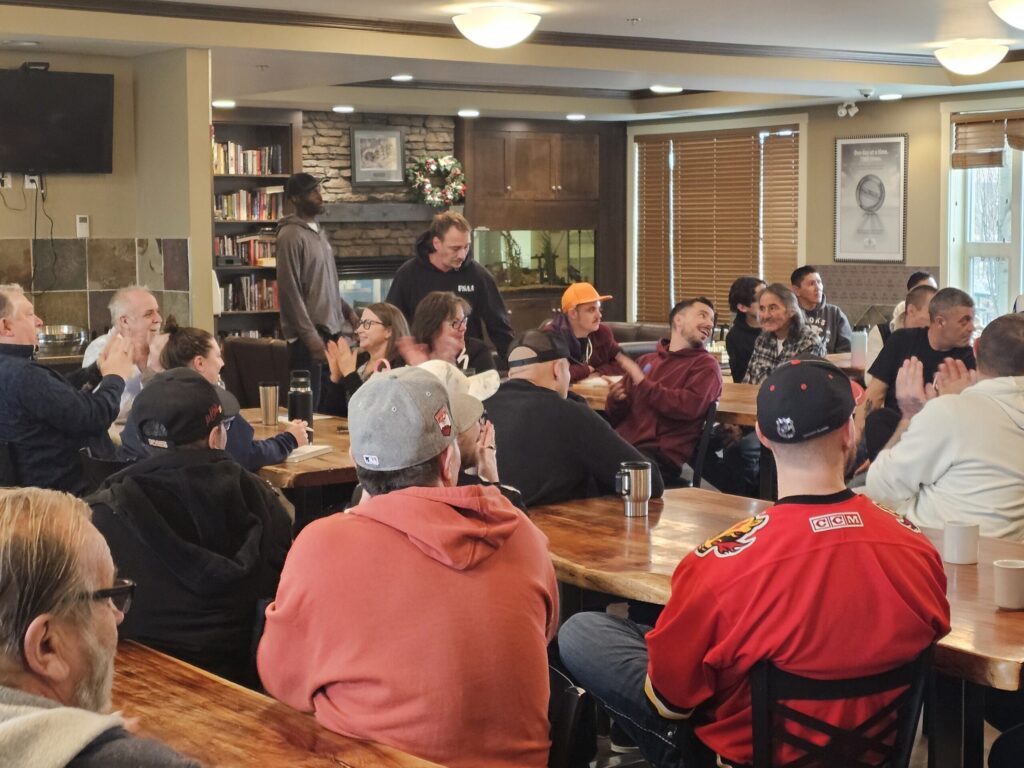
Join Our Advocacy Efforts
We invite you to stand with us in our advocacy efforts. Together, we can create a world where recovery is accessible to all, where communities embrace those in recovery, and where the stigma of addiction is a thing of the past. Whether you’re a policymaker, community member, or someone in recovery, your voice matters. Join us as we advocate for a brighter future for all those impacted by addiction.
Ethnicity and Gender Diversity: A Reflection of Our Inclusive Community
At Fresh Start Recovery, we believe that healing thrives in an environment that embraces diversity, inclusion, and belonging. In 2023, our participants reflected a rich tapestry of ethnic backgrounds and gender identities, highlighting the broad reach and accessibility of our programs. This diversity is not only a source of strength but also a testament to our commitment to supporting the wellness of individuals from all walks of life in Alberta.
Over the years, the makeup of our community has remained consistently reflective of the broader population we aim to support. By fostering a welcoming and inclusive space, we ensure that everyone feels seen, valued, and empowered in their recovery journey.
Fresh Start remains dedicated to breaking down barriers and continuing to cultivate an environment where diverse experiences and voices shape and strengthen the path to healing and long-term recovery.
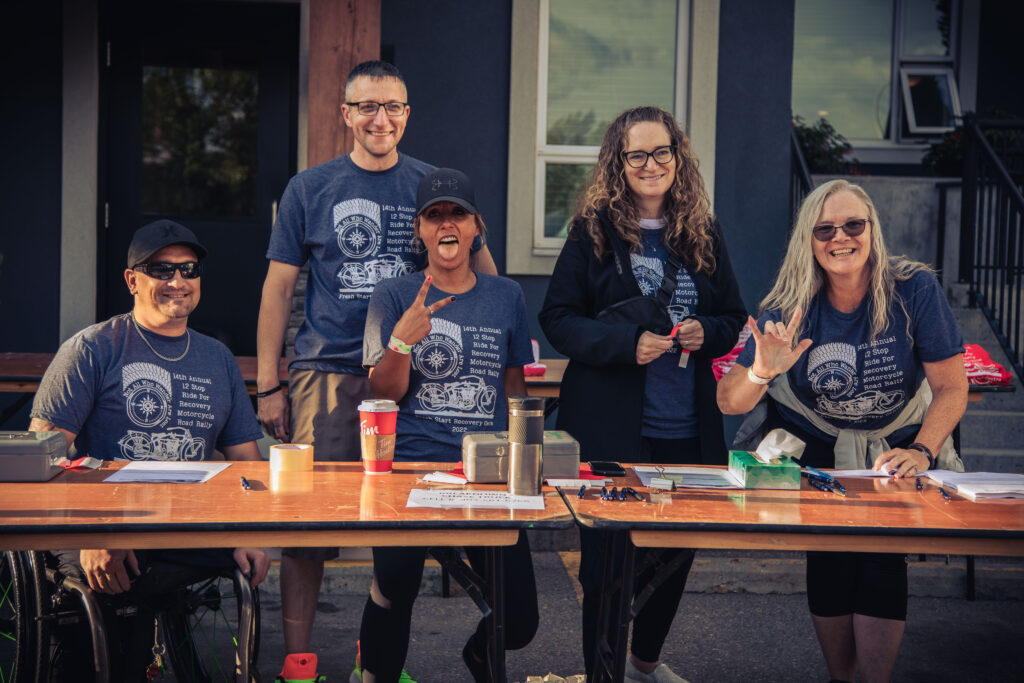
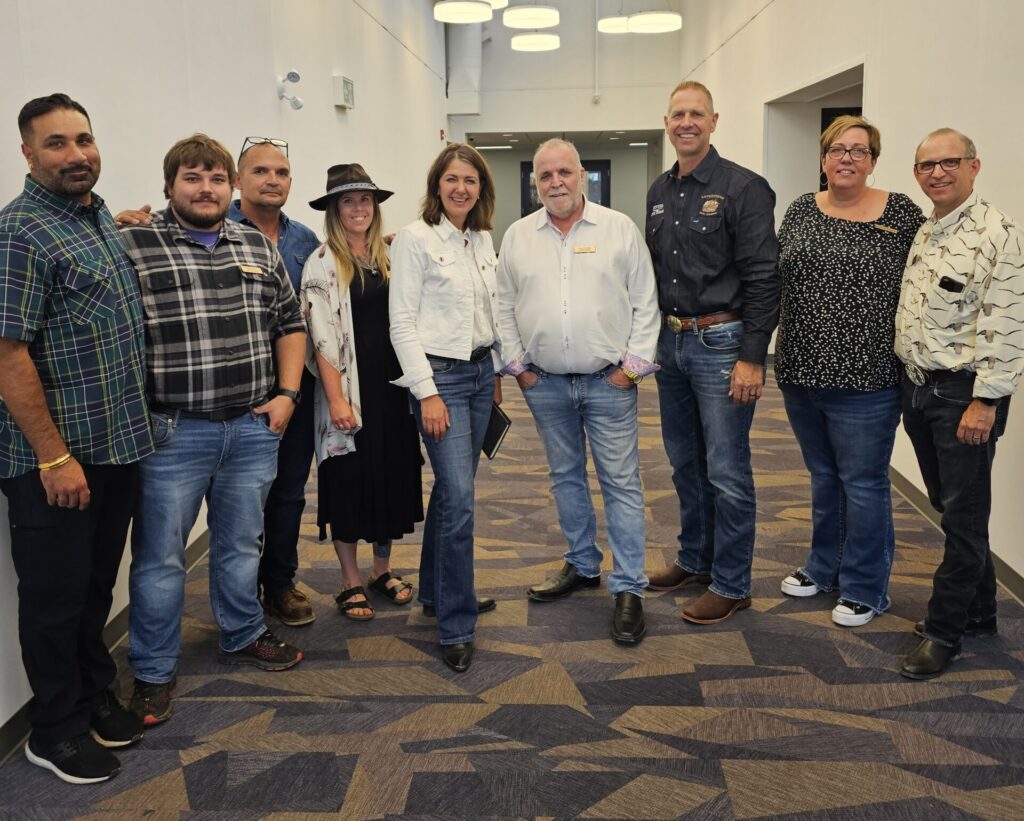
Applauding the Government of Alberta’s Leadership in Addressing Addiction
Fresh Start Recovery commends the Government of Alberta (GOA) for its insight, leadership, and aggressive approach to addressing addiction across the province. By investing in comprehensive mental health and addiction recovery initiatives, the GOA has shown a deep understanding of the complexities surrounding addiction and the importance of proactive, compassionate solutions.
The government’s dedication to expanding recovery communities, increasing access to treatment, and supporting long-term care highlights a forward-thinking strategy that prioritizes healing, resilience, and the well-being of individuals and families. This initiative not only addresses the immediate challenges of addiction but also strengthens the foundation for healthier, more connected communities.
We applaud the GOA for recognizing that recovery is possible — and that through bold action and committed support, lives can be transformed and futures rebuilt. Fresh Start Recovery is proud to stand alongside the GOA in this critical work, contributing to a shared vision of hope, recovery, and lasting change for all Albertans.
